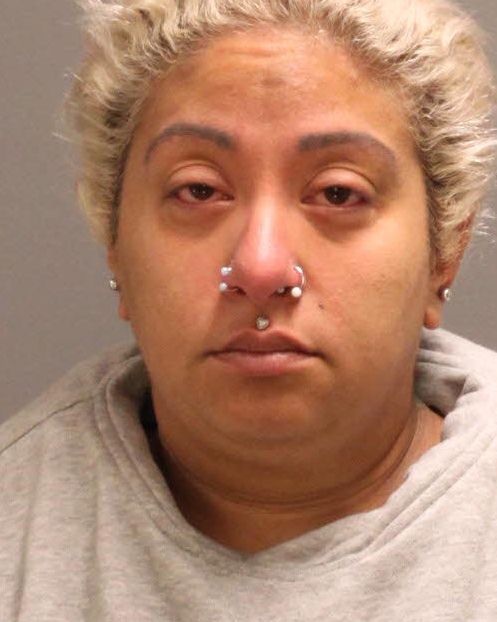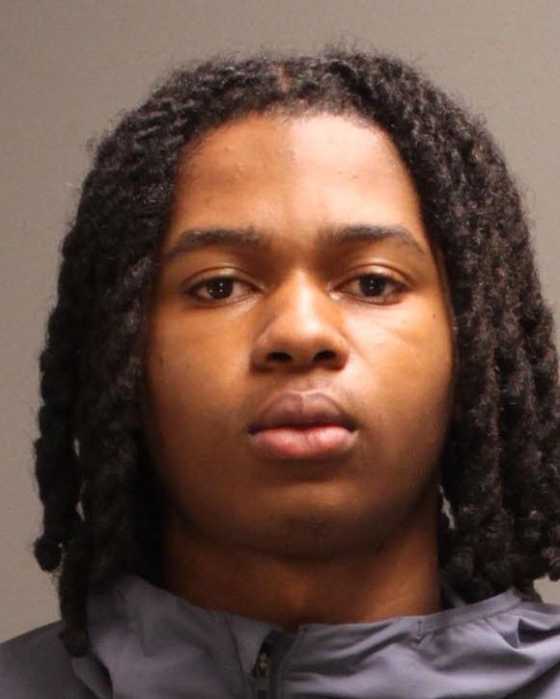This story was originally published by Chalkbeat. Sign up for their newsletters at ckbe.at/newsletters
Back-to-school-night meetings can be exciting for educators and parents. They are opportunities to form meaningful relationships, share goals for the new school year, and get everyone on the same page before classes kick into high gear.
But the start of a new school year can also bring some anxiety and uncertainty. Teachers are learning new names and personalities along with their mandatory curriculum requirements. Families are juggling school, work, and extracurriculars.
So we want to make this year’s back-to-school-night a little less daunting.
Chalkbeat asked more than a dozen teachers and parents: What makes a successful back-to-school meeting? What should parents be asking their child’s teachers? What do educators want parents to know?
Above all, Philadelphia families and educators said: Go in with an open mind, give each other grace, bring a pen and paper, and always leave with reliable contact information.
Here’s a guide and some conversation starters to hopefully make the best of your back-to-school-night:
Questions parents can ask teachers
What is your preferred communication method? How can I best reach you? Do you hold office hours?
Educators and parents are often on different schedules and have different levels of internet access or other connectivity. While it may not be possible to always adhere to everyone’s perfect scenario for getting in touch, Maritza Guridy, a parent with kids at Mary McLeod Bethune Elementary School in the Nicetown neighborhood, recommended setting some clear guidelines: Do you prefer texting? Phone calls? Emails? Are there hours of the day when you will be unreachable except for emergencies?
What is your view on homework? How long should my child be spending on at-home assignments?
Teachers often have very different philosophies and expectations about homework. It’s good to know early if your child’s teacher has strict late policies, flexibility around absences, and how involved parents or caregivers should be with bigger projects and assignments.
How do you deal with discipline in the classroom? How can I be a partner in helping monitor my child’s behavior?
Knowing how your child’s teacher — and their school — approaches discipline is important. Many parents said it’s helpful to know at the start of the school year how an educator manages their classroom, consequences for late work, or misbehavior. Elaine Wells, a parent and grandparent, said caregivers and teachers can work in partnership to keep kids focused and motivated in class and at home.
How can I stay updated on my child’s progress without overwhelming you?
Wells said she’s a very involved parent and doesn’t just want to hear from a teacher when there’s been an incident or “when things are bad.” She said if her child or grandchild has done something really positive either academically or socially in the classroom, she would love to hear about it. If something concerning happens, Wells said she’d prefer to know early before she sees a failing grade on a report card or gets a call about consistent misbehavior.
Is there anything else I can do that will help you support my child?
Several parents told us they understand how overworked teachers may be — they’re often managing large class sizes, crumbling school buildings, and a lack of resources. There will likely be obstacles this school year and challenges to overcome. Parents and teachers should work together to support students through the difficult times — whether that’s school closures due to damaged asbestos, or implementing a new curriculum.
“I recognize that it’s not just on our teachers,” Wells said. “It’s about building a partnership.”
Toya Algarin, a teaching aide in the district and grandparent of seven, said the most important research a parent can do to help their child succeed in class is to get to know them, Algarin said. “Find out what makes them happy and what makes them tick,” she suggested. Then, share that information with their teacher as they’re getting to know your child.
However, if your child has important health or behavioral needs that impact their safety or ability to learn, it’s important to mention those to their teacher early.
And don’t forget to bring an apple, she said, to show you appreciate their efforts.
Questions educators can ask parents
What is the most reliable way to reach you?
The first step to staying connected to your child’s school is to make sure the phone number, email address, or other contact information is up to date and consistent. If you know you change numbers frequently, or you don’t always check your email, make sure the school has the number or email address of someone you trust who can pass along any important information.
If parents or caregivers are separated, make sure you inform your child’s school that they should be sending information to multiple people.
Do you know how to access and use the school’s communication tool, like ClassDojo app, Parent Portal, or Google Classroom?
Educators said they spend a lot of time making sure their apps are updated with grades, syllabuses, and often, many parents’ questions can be answered by checking that portal. If you’re uncomfortable using the app or need some help to navigate it, parents should ask if there are any resources or IT people at the school who can provide assistance.
Many public library branches also offer computer access and may have staff able to help parents use their school’s preferred communication platform.
Wells said she knows grandparents like her can sometimes struggle with new technology. Her advice is to try to log in to your school’s system before back-to-school night, so that if you encounter any issues you can resolve those early.
Can we make another appointment if we need an in-depth conversation about your child?
Philadelphia school district educator and parent Andrew Saltz said back-to-school night comes early in the year and requires teachers to have a lot of time-restricted introductory meetings. Saltz said parents should come prepared with general questions about classroom etiquette and expectations, but they should be wary of asking anything too specific about their child — their teacher may have only had a few days to get to know them. If parents have specific concerns or want a more in-depth, individualized conversation, they should bring their calendar and ask to set up a time for a more robust talk.
Chalkbeat is a nonprofit news organization covering public education.






























